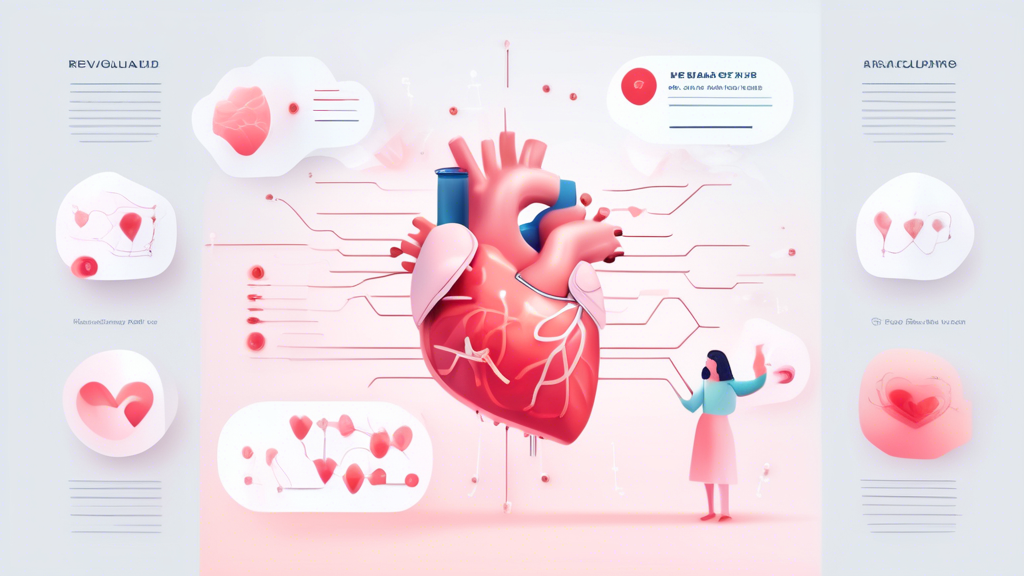In recent years, the healthcare sector has witnessed a transformative shift with the integration of artificial intelligence (AI) into cardiovascular care. By harnessing the power of sophisticated algorithms and machine learning models, healthcare providers are now better equipped to predict, diagnose, and prevent heart-related ailments more accurately than ever before. Here’s how AI-powered health predictions are making waves in cardiovascular care.
AI Innovations in Cardiac Imaging
One of the most groundbreaking advancements in this realm is the application of deep learning algorithms in analyzing chest CT scans. These algorithms excel in predicting cardiovascular mortality risks by providing a more precise analysis compared to traditional diagnostic methods. By automating tasks such as coronary artery analysis and blood flow quantification, AI simplifies complex processes like coronary artery calcium scoring, crucial for assessing cardiovascular risks.
Moreover, AI extends its utility to routine diagnostics such as ECGs. By deciphering complex patterns in ECG data, AI models can detect structural heart diseases like hypertrophic cardiomyopathy and amyloid heart disease years before they become apparent through conventional tests. This proactive approach offers a significant advantage in early detection, potentially saving countless lives through timely intervention.
Enhancing Predictive Accuracy and Risk Assessment
AI’s capabilities in predicting long-term cardiac events are also noteworthy. By examining routine cardiac CT scans, AI can identify inflammation in heart arteries and other precursors to heart attacks, heart failures, or even cardiac deaths, with a prediction window of up to ten years. This ability is a game-changer in risk assessment and proactive healthcare management, ensuring high-risk patients receive necessary attention well in advance.
Furthermore, AI models have remarkably improved predictions related to surgical outcomes. Advanced algorithms interpreting ECG data have shown to predict mortality risks after heart surgery more effectively than traditional indices like the Revised Cardiac Risk Index score. Such insights allow healthcare providers to tailor preoperative plans and post-surgery care with higher precision, ensuring safer outcomes for patients.
In addition to these innovations, AI’s potential extends to detecting heart valve diseases using data from digital stethoscopes. Studies reveal that AI significantly surpasses human capabilities in identifying these conditions, proving its indispensability in diagnostic enhancements. Equally important is the use of retinal imaging analyzed by AI, which can predict cardiovascular disease risks among patients with prediabetes or Type 2 diabetes, promoting earlier interventions.
The integration of AI into clinical practice is progressing rapidly, with AI-generated risk scores from cardiac scans and ECGs being piloted in hospitals globally. This integration is transforming treatment protocols, with adjustments being made to care plans in nearly half of the cases. The robust prediction power of AI sets a solid foundation for preventive treatments, potentially reducing the incidence of heart attacks and cardiac deaths by timely identifying and managing high-risk patients.
